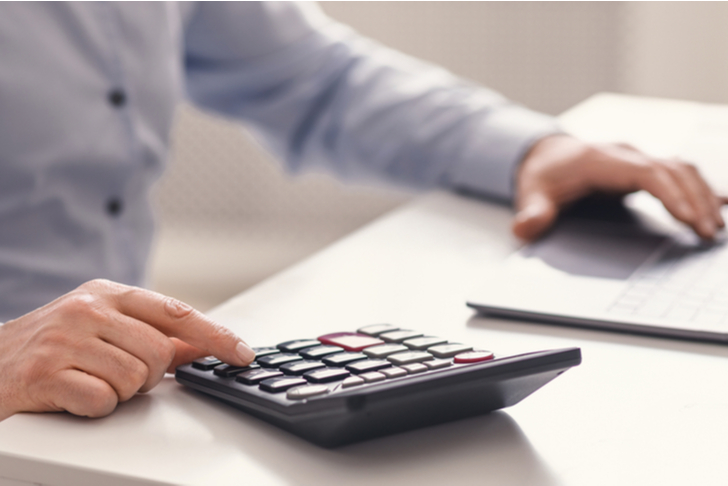Millennials have unfairly gotten a bad reputation, oftentimes branded as brash and careless in their decisions. However, other generations failed to admit that those ages 23 to 38 make wise financial moves, too, that enable them to reach their goals.
Plus, they are facing a totally different market now than their parents, so thriving at this age means they have somehow adapted to the current living conditions.
Not to be underestimated, but studies show millennials are one of the most powerful financial groups. In fact, one research said that the generation’s wealth will multiply by five times in the next years to come.
All these are promising, but what good is it when you don’t know how to handle your finances? There are ways you can assure your riches won’t go to waste in the future:
Monitor Expenses
As a millennial, surely you’re busy as a bee, getting your hands full to make sure you’re chasing your dream efficiently. This is why most people forget to check their finances – you may have been careless about online shopping or you are unaware of the money that goes to the cup of coffee you buy every day on your way to work.
However, experts have time and time again advised everyone, in general, and not just this generation, to monitor their expenses.

When you see it on paper, you’ll have an idea of how much you spend daily and you can ponder which one of the items has been eating most of your budget.
This is one way to self-check, too – have I been relying too much on take-out food or have I been doing retail therapy?
Knowing Your Credit Score
Not all people know what a credit score is until the time they need a loan. This rating is crucial because it tells the lenders the chances of you paying them back, so the higher your score is, the better.
Once you understand how this works, you need to increase that grade (from 300-850), which you can use when the need arises.
Constantly do a soft check of your score and if you don’t have the ideal score you were aiming for, don’t worry, there are ways you can increase that number, including paying your credit card debts on time and making sure you don’t leave a balance.
Budget Your Money

It’s hard to take a look at your finances when you don’t watch how you spend, which is where a budget becomes helpful. This is a list of your salary and the monthly expenses like utility bills, mortgage, groceries, etc.
Once you lay all these down, you will finally realize how much extra money you can either use for personal things or for saving. At the same time, you will feel you are bounded by what was left of your earnings, so you won’t feel happy splurging.
Focus on an Emergency Fund

Emergencies don’t come with a memo, so you need to be prepared at all times. Of course, this goes without saying that your pocket should be ready, too, when you meet unfortunate incidences that would require you to shell out cash.
Save a part of your earnings on a savings account that you can pull out when you need it.





